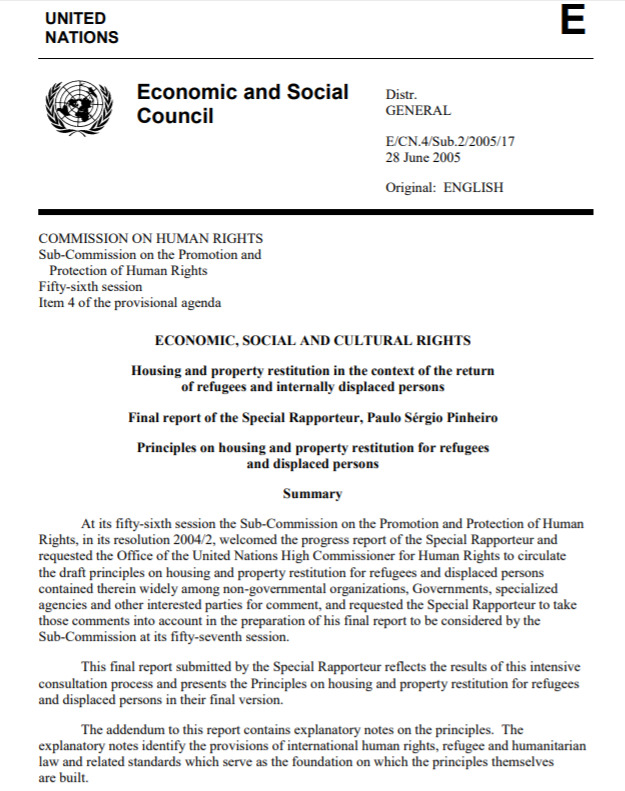Pol?ticas sociales y necesidades familiares en Colombia. Reuni?n de expertos, pol?ticas hacia las familias, protecci?n e inclusi?n social
La familia, en la forma primaria y esencial para la supervivencia biol?gica, material y afectiva de los seres humanos, a trav?s de las distintas etapas de vida. El hecho de que su organizaci?n y funciones atraviesen las esferas de la vida privada, no implica que sea una estructura aislada y autosuficiente; por el contrario, es parte constitutiva y org?nica de la sociedad, recibe el impacto de los fen?menos del contexto socioecon?mico y pol?tico, y a la vez, la calidad de vida familiar define en gran medida los recursos humanos con que cuenta cada sociedad.





